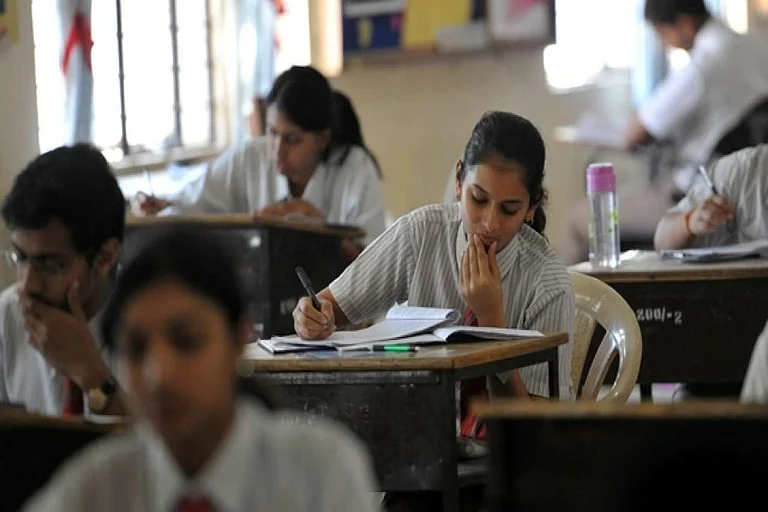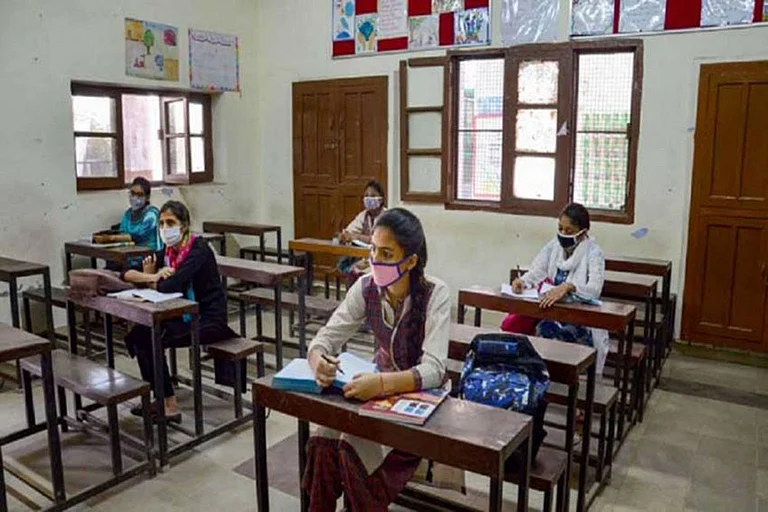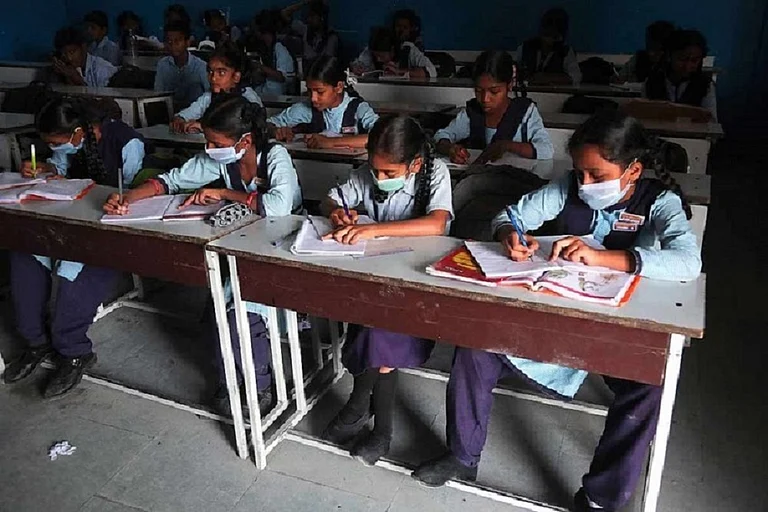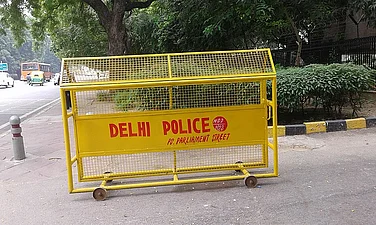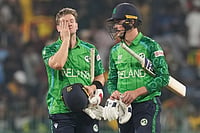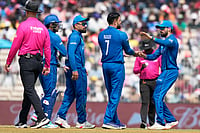The Central Board of Secondary Education (CBSE) is planning a pilot run of Open-Book Exams (OBE) in selected schools for classes 9 to 12 later this year, according to officials.
The idea was floated in the last governing body meeting of the Board in December, 2023. Officials, however, said there is no plan to adopt the format in class 10 and 12 board exams.
"The CBSE is planning a pilot run of open-book assessments in selected schools, targeting subjects — English, Mathematics, and Science for Classes 9 and 10, and English, Mathematics, and Biology for Classes 11 and 12. The aim is to gauge the time taken by students to complete these tests and gather feedback from stakeholders.
"The plan is in line with recommendations made in the National Curriculum Framework. These tests would undergo a pilot phase in schools to evaluate various aspects such as completion time, suitability for formative and summative assessment, and stakeholders' perceptions," a senior board official said.
In an open-book exam, students are allowed to carry their notes, textbooks, or other study material and refer to them during the exam. The pilot will be focused on assessing higher-order thinking skills, application, analysis, critical and creative thinking, and problem solving abilities. While the design, development, and review of Open Book Tests is proposed to be completed by June 2024, the pilot testing of the materials in schools is being planned in November-December 2024.
"The method could be used in internal exams to promote innovative thinking among students. However, it is only in an ideation phase, and there is no plan to adopt the OBE format in the CBSE class 10 and 12 board examination," the official said.
The CBSE had previously experimented with an Open Text-Based Assessment (OTBA) format for the year-end exams of Classes 9 and 11 for three years from 2014-15 to 2016-17, but it was scrapped based on negative feedback from stakeholders.
Drawing from this experience, discussions within the curriculum committee emphasised the importance of high-quality textbooks and suggested involving teachers in the initial OBE trials to ensure standards akin to advanced placement exams. In the governing body meeting, the board also contemplated on making the teachers take the open-book exams first to grasp the "potential" of multiple answers in OBE questions.
The CBSE chairman stressed upon the need to learn from Delhi University's experiences to calibrate CBSE's OBE preparations effectively. Jyoti Sharma, a professor from Delhi University, who was present at the meeting drew parallels with the Advanced Placement (AP) exams for US college entrance, lauding their question clarity and quality, advocating for a similar high standard in OBE content.
She suggested CBSE should consider AP questions as benchmark for drafting quality CBSE OBE content.







